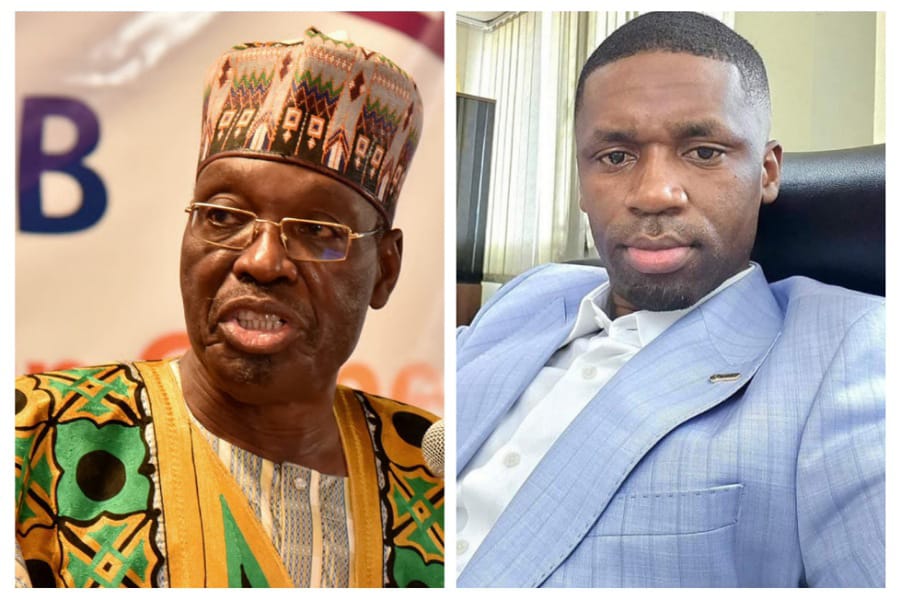
A fierce political storm has erupted in Cameroon after journalist Bruno Bidjang published a blistering editorial denouncing Issa Tchiroma Bakary’s presidential candidacy.
The piece, featured on the platform 237online, accuses the former minister of opportunism, labelling him a “regime parasite” after two decades of unwavering loyalty to the very system he now claims to oppose.
“You were the zealous cog in a system that you denounce today,” Bidjang charged, referencing what he called Tchiroma’s “grotesque justifications” during his long tenure in government.
The editorial has reignited public debate over political sincerity in a country where 68% of citizens reportedly view late-career political transformations with suspicion.
Tchiroma, who recently published a political manifesto titled The People in Power, has called for a “republican transition.”
But Bidjang dismissed the appeal.
“Your about-face is not a break, it’s a survival reflex,” he wrote, sharply criticizing Tchiroma’s silence during the height of the Anglophone crisis. “Where were you when the regions were bleeding?” the journalist asked.
Security is another flashpoint in the growing controversy.
After the Mathis tragedy, Tchiroma vowed to champion a “professional army.”
Bidjang, however, countered: “You have led three key ministries without solving Boko Haram.” His critique hits home in the Far North, where an estimated 72% of schools remain closed due to insecurity.
Economically, Tchiroma’s proposal of a 120 billion CFA franc Youth Fund has attracted attention.
Yet Bidjang questions the credibility of such promises.
“After 20 years of serving the system, are your promises credible?” he asked, amplifying doubts among voters who feel disillusioned by recycled rhetoric from long-time political figures.
As Tchiroma seeks to reinvent himself as an agent of change, Bidjang’s pointed accusations highlight what many see as the contradictions of a political class struggling to reconcile its past with the demands of a younger, more skeptical electorate.
The clash has exposed a deeper ideological rift within Cameroon’s political landscape.
Whether this marks a genuine turning point or another chapter in calculated electoral manoeuvring remains to be seen.



